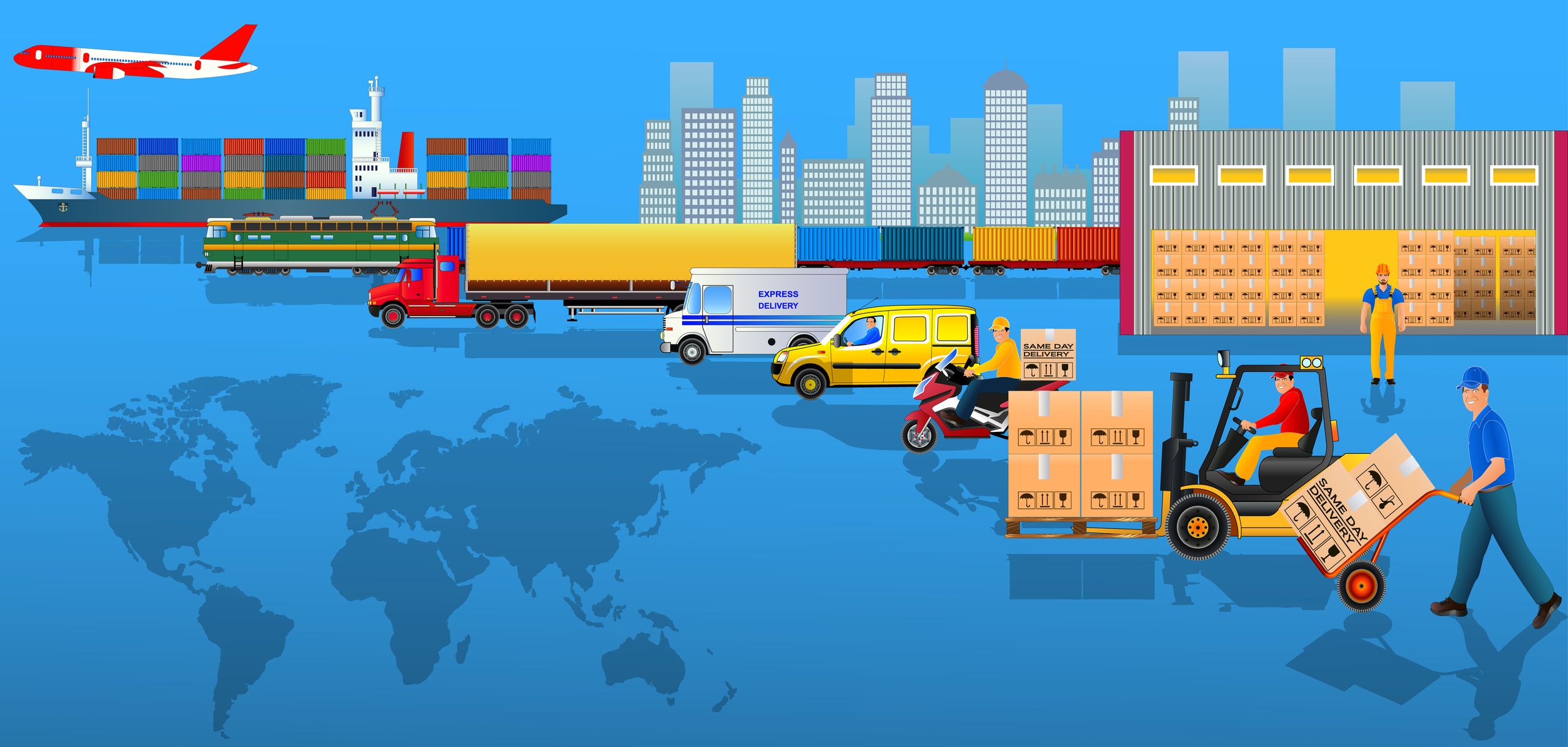Logistics Dynamics – Paving the Way for Future Deliveries
Logistics dynamics play a pivotal role in shaping the future of deliveries, ushering in an era of efficiency, sustainability, and seamless connectivity. As the global landscape evolves, the demand for swift and reliable transportation of goods has never been more crucial. Modern logistics dynamics encompass a multifaceted approach that integrates cutting-edge technologies, sustainable practices, and real-time data analytics to optimize the entire supply chain. The advent of advanced tracking systems, IoT-enabled devices, and artificial intelligence has revolutionized the way goods are transported, monitored, and delivered. One key aspect of logistics dynamics is the integration of smart technologies to enhance visibility and transparency throughout the supply chain. Real-time tracking of shipments, enabled by GPS and RFID technologies, provides stakeholders with accurate and up-to-date information, reducing the risk of delays and improving overall efficiency. This level of transparency not only instills confidence in customers but also allows businesses to make informed decisions to streamline their operations. Furthermore, the use of predictive analytics enables proactive problem-solving, helping logistics companies anticipate challenges such as weather disruptions, traffic congestion, or supply chain bottlenecks.

Sustainability is another critical facet of logistics dynamics that is shaping the future of deliveries. The increasing emphasis on eco-friendly practices has led to the adoption of electric vehicles, alternative fuels, and green packaging solutions. The integration of sustainable logistics not only addresses environmental concerns but also aligns with consumer preferences for eco-conscious products and services. As governments worldwide implement stricter regulations to curb emissions, logistics companies are compelled to invest in cleaner and greener technologies, paving the way for a more sustainable future. The rise of autonomous vehicles and drones is a game-changer in the realm of logistics dynamics. These technologies promise to revolutionize last-mile deliveries, particularly in urban areas where congestion and accessibility pose significant challenges. Autonomous delivery vehicles can operate 24/7, increasing the speed and efficiency of deliveries while reducing operational costs. Drones, on the other hand, offer a unique solution for rapid and contactless delivery in remote or challenging terrains.
Furthermore, the collaborative and interconnected nature of logistics dynamics is fostering a global ecosystem where different stakeholders seamlessly interact of negosyo sa probinsya. From manufacturers to logistics providers, retailers, and end consumers – each entity is connected through a digital network that facilitates real-time communication and data exchange. This interconnectedness enables a more agile and responsive supply chain, allowing businesses to adapt quickly to market changes and customer demands. In conclusion, logistics dynamics are paving the way for future deliveries by leveraging advanced technologies, prioritizing sustainability, and fostering a connected global ecosystem. As the world continues to evolve, the role of logistics in shaping the future of deliveries cannot be overstated. The integration of smart technologies, sustainability practices, and global connectivity is not only enhancing operational efficiency but also redefining the entire logistics landscape. This dynamic evolution promises a future where deliveries are faster, more reliable, and environmentally conscious, meeting the demands of a rapidly changing world.